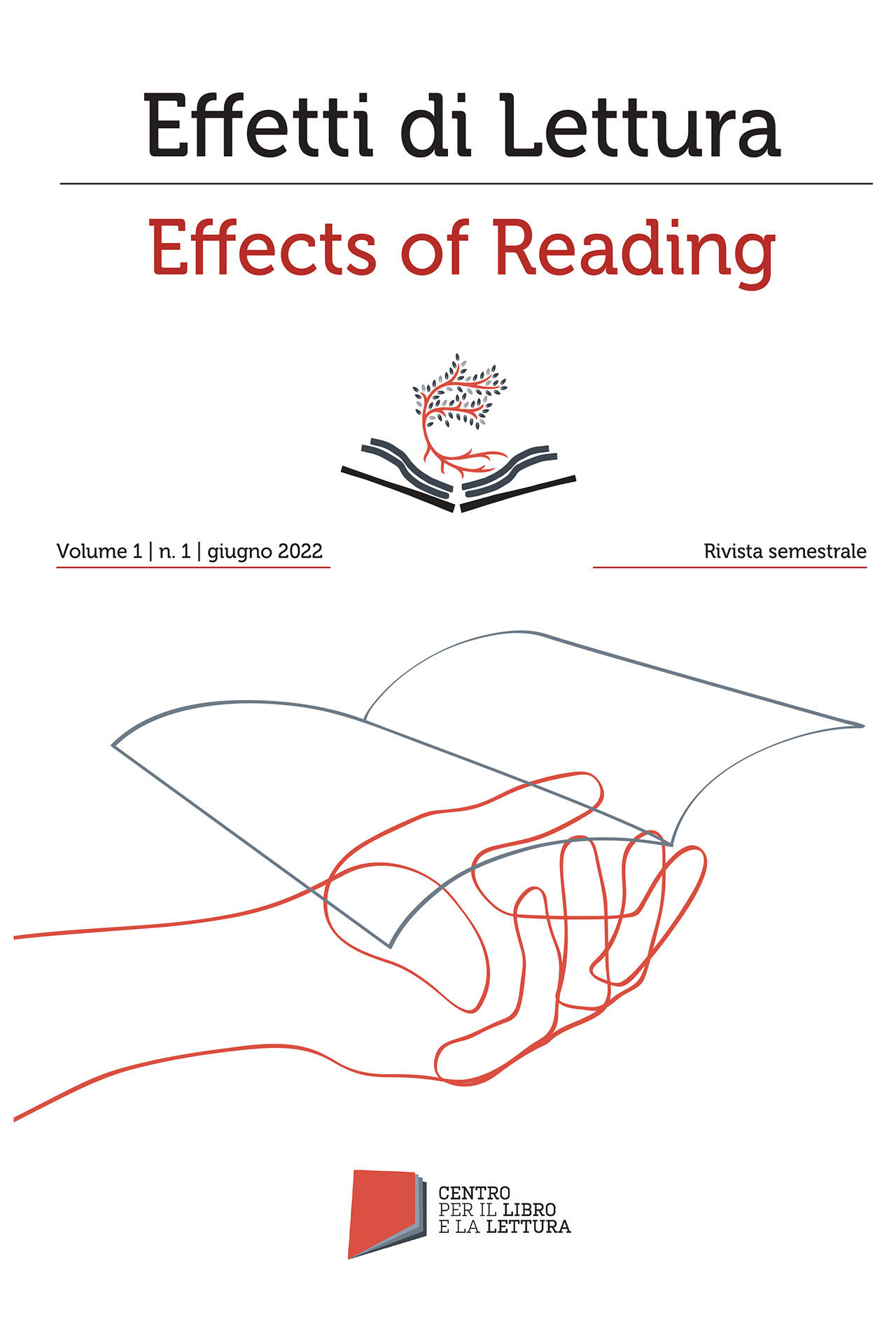Teaching research on reading comprehension. A pathway derived from mistakes
DOI:
https://doi.org/10.7347/EdL-01-2022-01Keywords:
reading comprehension, inference, thinking aloud, fostering comprehensionAbstract
The paper presents the author’s research path about teaching children to understand written texts. The original beginning of the research consists in the discovery of a number and variety of text com-prehension errors, found in empirical research, and designed some sprains in reading comprehension processes. Similar mistakes, and similar processes, especially making inferences, have been recognized in the understanding of iconic texts by children in preschool years. Starting from these findings, some didactic activities to foster comprehension have been designed and implemented: foremost an indi-vidualized interview about text was tested, and later collaborative methodologies have been also pos-itively tested. Among these, one is relating to the ability to solve textual difficulties, and a second one to improve reader's strategies. A particularly important result, and an implicit implication of such research, is the educational implication of the interview method for the timely assessment and eval-uation of comprehension. This experience confirmed the methodology of ‘thinking aloud by the reader’, realised through the interview, as an educational/didactic device for stimulating comprehen-sion because it is capable of making any reader active. Thinking aloud thus became a tool for stimu-lating and enhancing the capacity for self-correction, reasoning and checking comprehension. The last part of the research focuses on a second mode and a different approach to teaching comprehen-sion: the well-known Reciprocal Teaching.
Downloads
Downloads
Published
How to Cite
Issue
Section
License
Copyright (c) 2022 Effetti di lettura / Effects of reading

This work is licensed under a Creative Commons Attribution-NonCommercial 4.0 International License.








